Succeed With Thailand Drug Rehab In 24 Hours
페이지 정보

본문
 Introduction:
Introduction:Alcohol withdrawal is a state of being which occurs when people abruptly stop or considerably lower their particular Alcohol Rehab Thailand intake after extended times of heavy drinking. It is a complex and possibly life-threatening problem that affects many people globally. This report aims to provide an extensive overview of liquor detachment, including its symptoms, treatment plans, and administration techniques.
Apparent symptoms of Alcohol Withdrawal:
The beginning and severity of alcoholic beverages detachment symptoms differ among people, based factors like the amount and length of time of alcohol consumption and ones own overall health. Common observable symptoms include tremors, anxiety, frustration, nausea, vomiting, sleeplessness, increased heartbeat, and sweating. In severe cases, people may go through hallucinations, seizures, or delirium tremens (DTs), a potentially fatal problem characterized by agitation, confusion, hallucinations, and fluctuating amounts of awareness.
 Treatments:
Treatments:When dealing with alcoholic beverages withdrawal, it is very important to find medical assistance and help. The principal aim of treatment solutions are to safely handle withdrawal symptoms, avert complications, and facilitate the change to sobriety. Medical professionals can measure the seriousness of symptoms and discover the correct degree of care. In mild cases, outpatient therapy may be administered, while worse cases may necessitate hospitalization.
Medicines popular in alcohol withdrawal therapy feature benzodiazepines, that really help lower anxiety, relieve symptoms, and give a wide berth to seizures. Other medications such antipsychotics, anticonvulsants, and beta-blockers might used to manage particular symptoms or co-occurring problems. Additionally, nutritional vitamin supplements, specifically thiamine (vitamin B1), tend to be prescribed to stop or treat prospective inadequacies involving extortionate alcohol consumption.
Management Strategies:
As well as medical interventions, various techniques can be employed to manage liquor withdrawal effortlessly.
1. Supportive Care: Providing a supportive environment promotes a feeling of protection and comfort. Including making sure proper nutrition, hydration, and rest, and keeping track of vital indications and addressing any medical complications which could happen during detachment.
2. Psychotherapy: Searching for mental health assistance, eg counseling or psychotherapy, can play a crucial role in addressing main mental or mental problems that donate to liquor dependency. These interventions assist people develop coping methods, control triggers, and establish healthier alternatives to alcoholic beverages.
3. Rehabilitation Programs: participating in rehabilitation programs, such as inpatient or outpatient treatment centers, provides a structured and supportive environment for people pursuing lasting data recovery. These programs often incorporate medical interventions, guidance, and peer support to deal with the actual, mental, and social components of alcohol addiction.
4. Follow-up Care: After doing preliminary detoxification and therapy, individuals should still look for continuous attention. This could include taking part in organizations, attending regular therapy sessions, and receiving follow-up evaluations to ensure appropriate real and psychological state.
 Summary:
Summary:Alcohol withdrawal is a challenging condition that requires medical attention and extensive help. Understanding the signs, treatments, and management methods can considerably aid in assisting people properly navigate the withdrawal procedure and attain long-term data recovery. By giving appropriate care and resources, we are able to enhance the effects for those wanting to over come alcoholic beverages addiction.
- 이전글Nine Ways To Have (A) More Appealing Best Rehab In Thailand 23.11.30
- 다음글How to be Successful with Affiliate Marketing 23.11.30
댓글목록
등록된 댓글이 없습니다.
